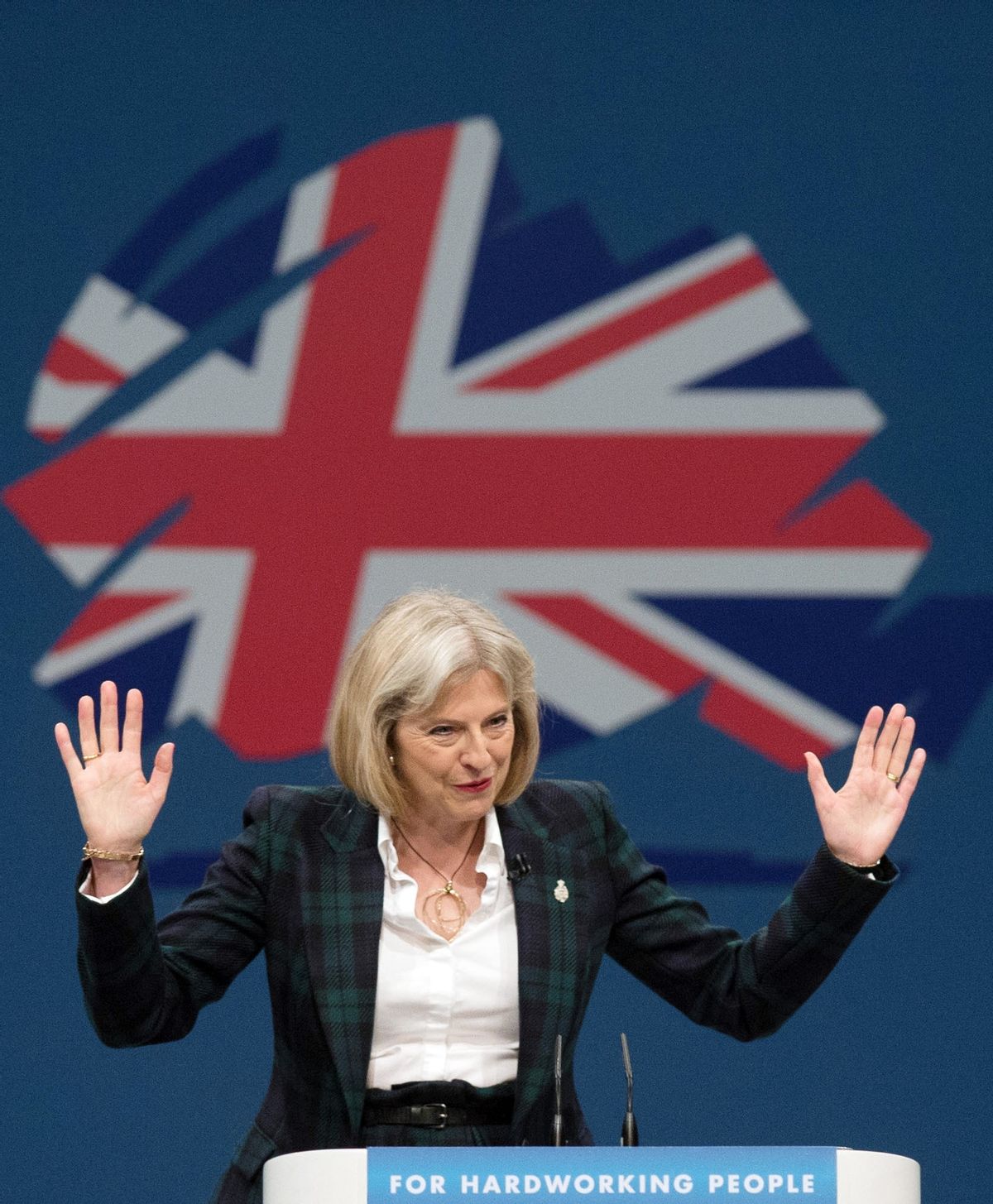Theresa May, the prime minister of the United Kingdom, decided on April 18 to dissolve Parliament and hold snap elections on June 8. The motion easily secured the required two-thirds majority in the U.K.‘s House of Commons. ![]()
The decision marks a stunning reversal and has surprised many people in her own government and abroad. May had repeatedly denied that she would make such a momentous decision.
In the U.S., we’re accustomed to a fixed electoral calendar. But, the power to dissolve Parliament is present in many political systems, such as in the Republic of Ireland, Canada and Japan.
That power is used frequently in some countries like Italy and rarely in others such as Germany. It can reside in the Parliament itself, or be held by the head of state. And it is a power that can be used liberally, or only in specific circumstances.
In this case, May is betting that this move will result in a larger Conservative majority in Parliament and strengthen her hand for the upcoming Brexit negotiations.
It also means yet another crucial election in Western Europe in 2017, where France and Germany already have elections scheduled.
A great power
The power to dissolve Parliament dates back to the Middle Ages, and is deeply ingrained in U.K. politics. It granted the monarch the ability to dismiss the legislature at any time, limiting lawmakers’ influence. As authority shifted over time from monarchs to Parliament and the prime minister, this power remained.
For centuries, prime ministers had to ask the monarch to dissolve Parliament. In the last century, they used that privilege to shore up their party’s majority in Parliament, or to receive a personal mandate.
On paper, that changed with the Fixed-term Parliaments Act of 2011, which seemed to curtail the power of the prime minister. The act set a clear schedule for elections and removed the ability of the monarch to formally dissolve the Parliament, following the decision taken by the prime minister. But it also included two exceptions. Early elections could be held:
- if a motion for an early general election is agreed either by at least 434 Members of Parliament out of 650, as happened this week;
- or, if a motion of no confidence is passed and no alternative government is confirmed by the House of Commons within 14 days.
At the time, Conservative government officials led by Prime Minister David Cameron argued that the Fixed-term Parliaments Act would check the power of the prime minister, and prevent them from triggering elections to seek political gains. May’s successful push for a snap election shows how easily the bill can be circumvented.
It was essentially May, not Parliament, who decided to dissolve the legislature. Thus, the Fixed-term Parliaments Act, as Professor of Comparative Politics Alan Renwick writes, “only changed the choreography, not the underlying pattern of power.”
May is making a calculated gamble. Despite the unpredictability of elections, she likely saw many potential rewards and few risks in an early vote. The main opposition, the Labour Party, is languishing far behind in the polls. May’s Conservative Party has an opportunity to significantly add to its slim majority of 17 votes.
Winning an election would provide May with a direct mandate from the U.K. public, since she was not elected and took over only after Cameron’s resignation last June. It would improve her hand with her EU counterparts but also the hardliners in her own party in the upcoming complicated Brexit talks. And, a larger majority could help stall a second referendum on Scottish independence.
Garret Martin, Professorial Lecturer, American University School of International Service



Shares